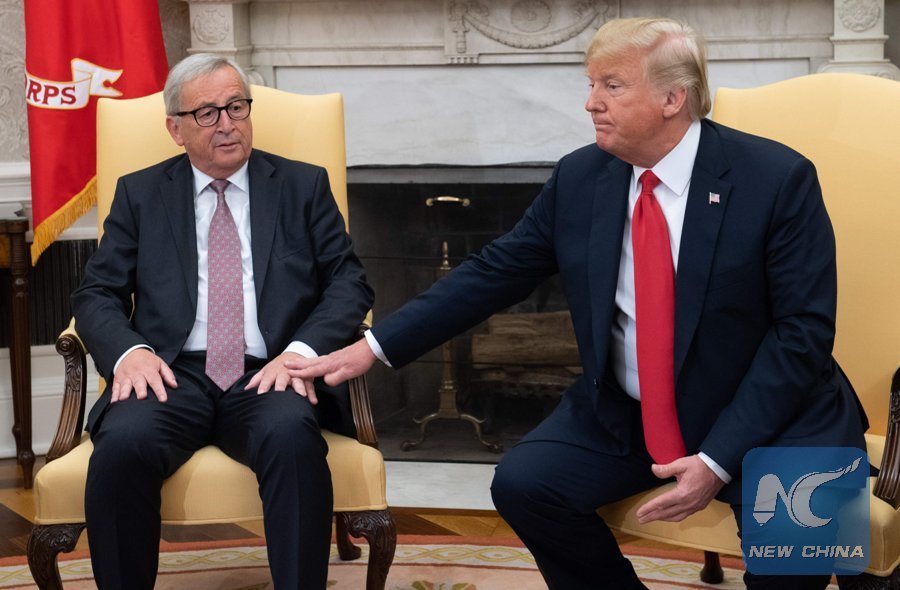
Feng Zhongping, Director, Institute of European Studies, Chinese Academy of Social Sciences (CASS)
Aug 03, 2018
Although Donald Trump’s trade wars have opened the door to China-EU cooperation, China must also remember that the EU will not be its ally on every issue.
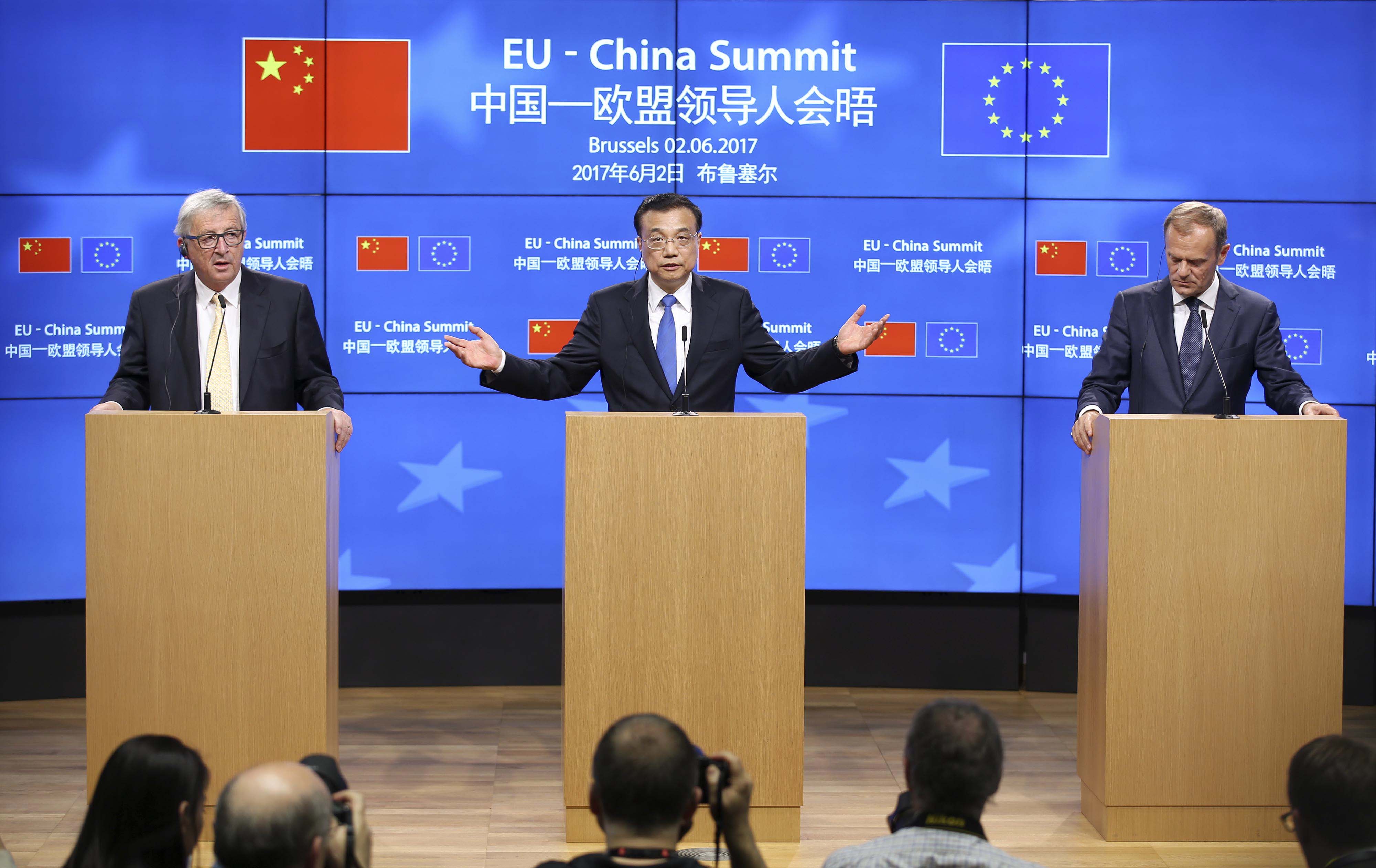
Kerry Brown, Professor of Chinese Studies, Lau China Institute at King's College, London
Jul 18, 2018
Following the successful summit earlier in July, many observers excitedly noted the increased possibilities of cooperation between the EU and China. But does the EU have the strategic vision and commitment necessary to truly take advantage of its new relationship with China?
Vasilis Trigkas, Visiting Assistant Professor, Schwarzman College, Tsinghua University
May 09, 2018
While the transatlantic partnership remains a priority for Europe, this should not make the EU strategically biased against China. It should urge Europe to become a more autonomous strategic actor and to negotiate its global interests from a principled position of consolidated strength.
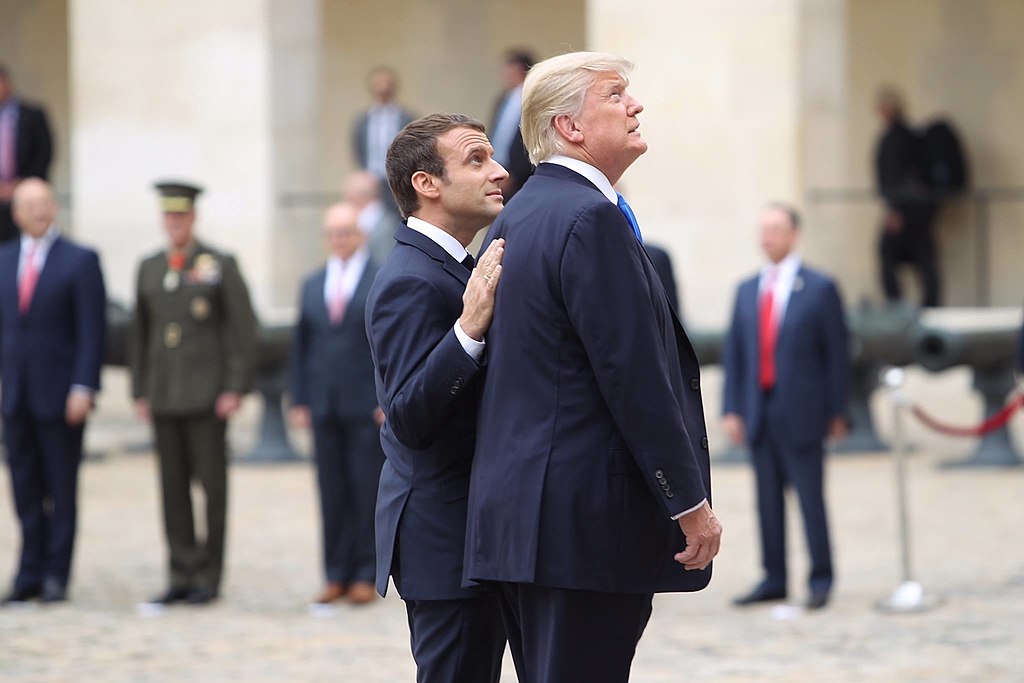
Dong Yifan, Assistant Research Fellow, China Institutes of Contemporary International Relations
Sun Chenghao, Fellow, Center for International Security and Strategy, Tsinghua University
May 06, 2018
Sometimes love just ain’t enough.
Jan 19, 2018
The relations between China and the European Union (EU) are crucial in the era of Donald Trump, when the U.S. administration is set to pursue America's interest first and distancing itself from global economic leadership, said European experts.
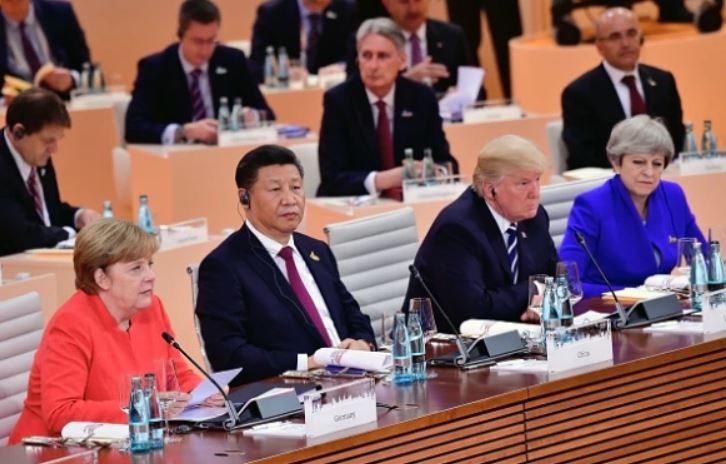
Zaki Laïdi, Professor, International Relations at Sciences Po
Jan 11, 2018
French President Emmanuel Macron is trying to advance a new kind of "offensive multilateralism." But unless the European Union as a whole embraces the cause, Europe risks becoming a casualty of China’s efforts to bend the multilateral system to its own will or, worse, Trump’s efforts to dismantle it altogether.
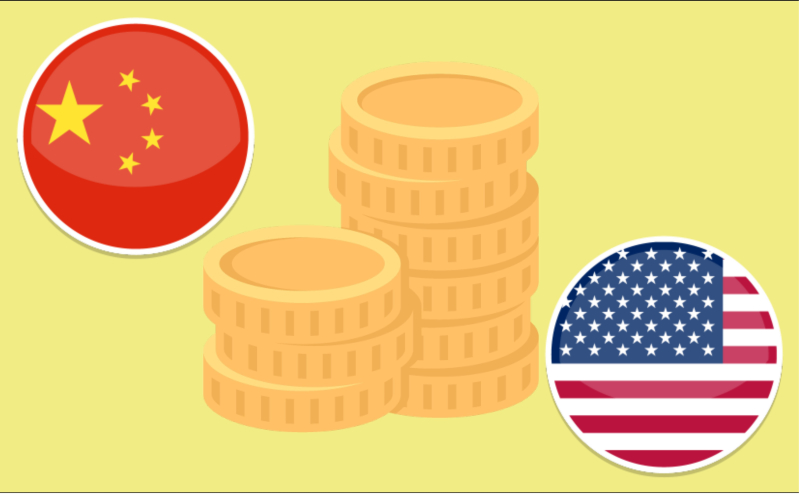
Yukon Huang, Senior Associate, Carnegie Endowment
Aug 07, 2017
In the near-term, the trigger for increased China-U.S. tensions might be foreign policy-related, for example, a hardening of positions on North Korea or a maritime incident. Or it could come from the U.S. taking more punitive economic measures.
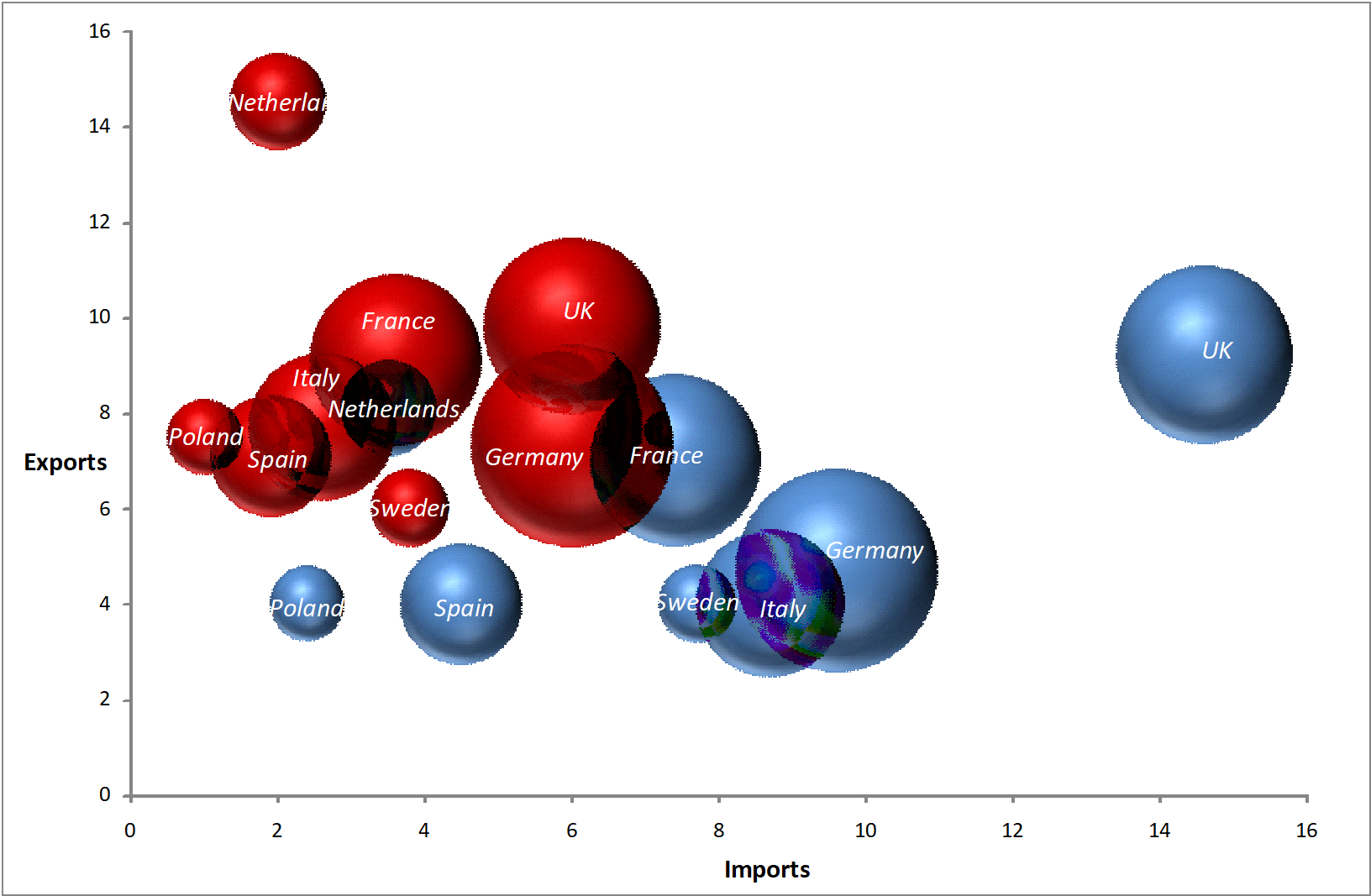
Dan Steinbock, Founder, Difference Group
Jun 30, 2017
The new rapprochement between Brussels and Beijing involves converging economic interests between Europe and China – and diverging strategic interests between Europe and America. While the shift was conceptualized as a reaction to a policy vacuum created by Trump, in reality, the ties between Brussels and Beijing have grown steadily since the 1990s, even when U.S.-Chinese ties have fallen under pressure.
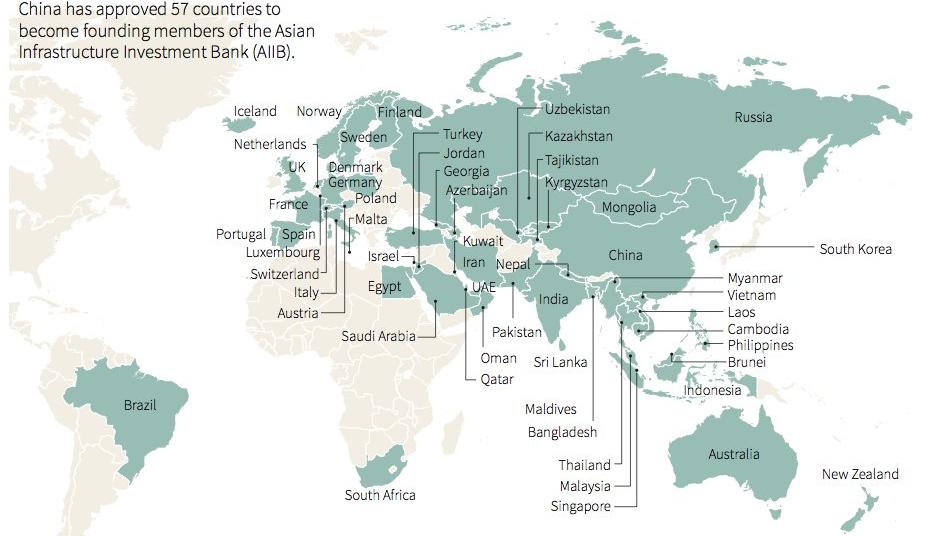
Beth Smits, PhD candidate, Paul H. Nitze School of Advanced International Studies (SAIS), Johns Hopkins University
Jun 06, 2017
When the United Kingdom, France, Germany and other U.S. allies decided to join the Asian Infrastructure Investment Bank (AIIB) in 2015 amidst clear opposition from Washington, some questioned whether it meant the transatlantic relationship was weakening in the face of a rising China. In terms of risk, rebalancing, and reward, however, the AIIB was not a situation that pitted Europe’s relationship with the U.S. against its relationship with China. Such a case may offer insight when considering the Paris Agreement and Europe’s actions if faced with choices between Washington and Beijing.
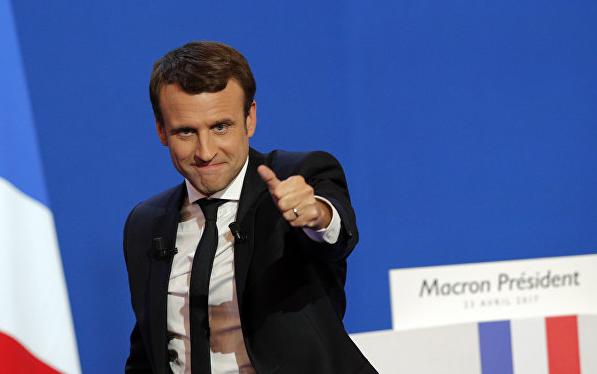
Feng Zhongping, Director, Institute of European Studies, Chinese Academy of Social Sciences (CASS)
May 16, 2017
While the new French leader will focus an enormous amount of resources on domestic reform, he will also try to accomplish something big in foreign affairs. As a pro-EU president of France, Macron will make the restart of the Franco-German engine his primary task.